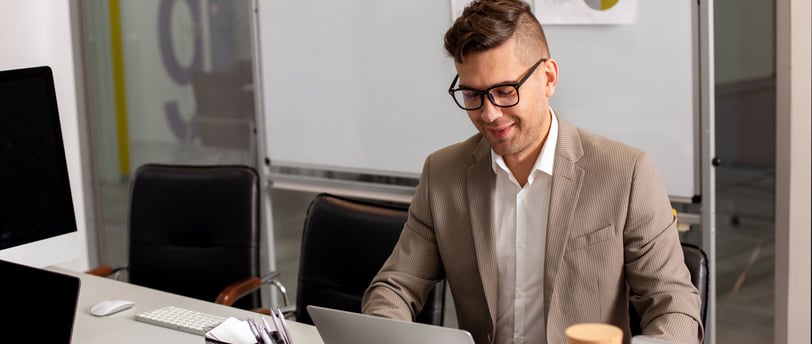
Top Civilian Careers for Veterans: Leveraging Military Skills in the Private Sector
10/1/20242 min read


For veterans transitioning to civilian life, the skills acquired through military service—such as leadership, strategic planning, discipline, and adaptability—are highly valued in a range of industries. Here are some of the top career paths where veterans can leverage these skills for success:
1. Project Management
Veterans often have strong organizational skills and experience managing personnel and resources, making them ideal candidates for project management roles. This field requires planning, coordination, and efficient task execution, which aligns with military experience. Certifications like Project Management Professional (PMP) can further enhance employability in this field.
2. Information Technology (IT) and Cybersecurity
Many veterans possess technical skills from military service, especially in communications and tech-related roles. IT and cybersecurity roles require analytical thinking, attention to detail, and problem-solving—qualities that veterans bring to the table. Certifications in areas like CompTIA Security+ or Certified Information Systems Security Professional (CISSP) can be valuable for breaking into these fields.
3. Logistics and Supply Chain Management
Military logistics experience translates well into supply chain management, where veterans can oversee inventory, distribution, and operations for large organizations. Companies in manufacturing, retail, and e-commerce highly value professionals who can streamline operations, reduce costs, and ensure efficient supply chains.
4. Healthcare and Medical Services
For veterans with medical training, healthcare careers provide opportunities to continue serving others. Roles such as medical technician, nurse, or healthcare administrator allow veterans to apply medical knowledge while helping civilian communities. Additional certifications may be required depending on the role and state requirements.
5. Law Enforcement and Security
Many veterans find a natural fit in law enforcement, private security, or homeland security roles, thanks to their background in maintaining safety and discipline. Federal agencies like the FBI, TSA, and Department of Homeland Security actively seek out veterans for their strong sense of duty, attention to detail, and familiarity with security protocols.
6. Business Operations and Management Consulting
Veterans often excel in business operations, management, and consulting, where they can provide guidance on strategic decision-making and team leadership. Consulting firms value veterans' ability to approach problems analytically and devise actionable strategies, which can improve organizational efficiency and performance.
7. Education and Training
Veterans with a passion for teaching or training can transition into educational roles, including teaching, mentoring, and corporate training positions. Military experience often includes training others, which can translate well into roles that involve guiding new employees, teaching specialized skills, or even teaching in school settings after earning any required teaching credentials.
8. Aviation and Aerospace
For veterans with experience in aviation or engineering, the aerospace industry offers roles in piloting, aircraft maintenance, engineering, and operations. Companies such as Boeing, Lockheed Martin, and commercial airlines value veterans for their technical skills and commitment to safety.
9. Sales and Customer Service
Veterans with strong interpersonal skills and a knack for communication can excel in sales and customer service roles. These positions benefit from the problem-solving abilities and professionalism cultivated in military settings, making veterans effective in understanding customer needs and developing long-term client relationships.
10. Entrepreneurship
Many veterans find success in starting their own businesses, where they can apply the discipline, leadership, and strategic thinking honed in the military. Various organizations, including the Small Business Administration (SBA), offer resources and programs designed to help veterans start and grow their own businesses, from securing funding to providing mentorship.
Each of these fields provides opportunities to apply the specialized skills, leadership, and dedication veterans have acquired through service, ensuring a meaningful and successful transition to civilian life. For veterans seeking to explore these fields further, consider career resources through the VA, military transition programs, or veteran-focused job fairs.

Headquarters:
980 9th Street, #780, Sacramento, CA 95814
916-604-8067
info@legacyveterans.org


Los Angeles Office
1100 Glendon Ave, #580, Los Angeles, CA 90024
213-260-1719
Houston Office:
11757 Katy Fwy, #990, Houston, TX 77079
713-832-1350
